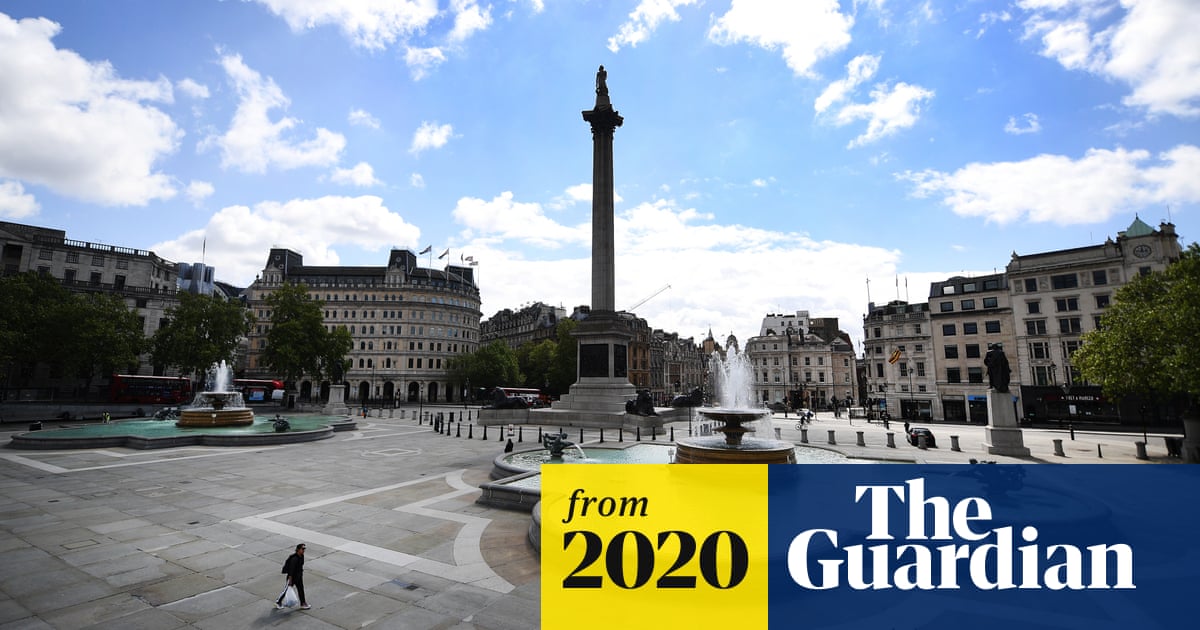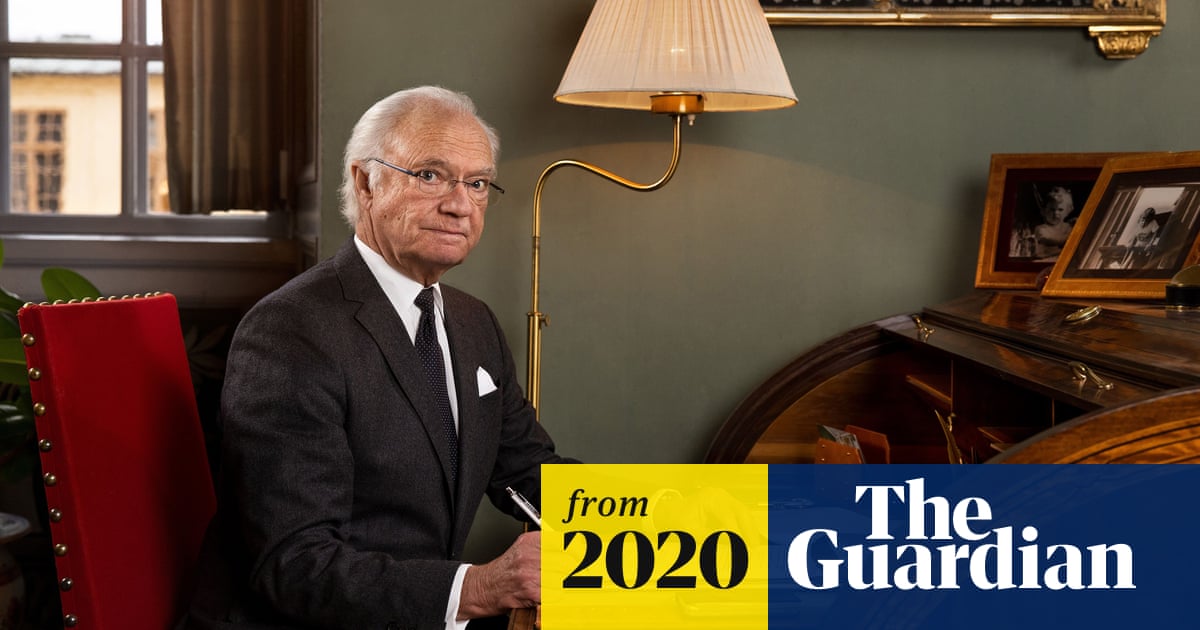You need to elaborate on that, I'm not sure I get your point. What fixed costs are you talking about?
Salary.
You need to elaborate on that, I'm not sure I get your point. What fixed costs are you talking about?
Who is to say their salary will go down now? I don't see any evidence of bankers getting pay cuts, quite the opposite.Salary.
Who is to say their salary will go down now? I don't see any evidence of bankers getting pay cuts, quite the opposite.
We'll see, I'm very sceptical. I think they will treat the current very generous situation as the base and only increase from there. The point about unlimited bonuses is they encourage taking excessive risk because that is how you achieve the exceptional returns. This can backfire spectacularly as in 2008.Pay cuts != salary cuts.
But no, you're not likely to see someone's salary slashed in a given role but you're likely to see new offers that weight variable pay more heavily. A higher variable component can make things far more competitive, higher fixed pay -> lower overall comp for what should be obvious reasons.
Having high fixed costs isn't a good idea at all, it leaves things pretty inflexible and it also makes things rather uncompetitive with other locations trying to attract the same talent.
If people are worried about short-term risk taking then that's what clawbacks are there for - I don't see how pushing salaries/fixed costs ridiculously high helps there, if anything that lessens the effectiveness of any clawback provision as the clawbacks tend to apply to variable comp not salary.
The epidemic in each country was at different stages at the time those countries locked down. New Zealand locked down when the disease had barely got a foothold whereas we were warned that our epidemic was getting very out of control well before we locked down.There was no precedent for this, but the UK locked down 6 days after France, some countries locked down sooner, some later. The UK wasn't some massive outlier. We locked down at the same time as New Zealand, the US, and Greece for example.

Boris Johnson only mentioned "herd immunity" in one speech, that wasn't actually the strategy we followed. Sweden actually never locked down so you could say they followed that strategy and they probably had excess deaths due to that, unlike Denmark who are an easy comparison. It's false to say we could've "nipped COVID in the bud" because no comparable country managed that in Europe basically.

Ok we tried something and it didn't work very well, these things happen.
Ah the old Tory excuse. Why were we paying well over the odds to Tory friends and donors who often had little experience in the field rather than specialist companies in the UK who begged the government to help but were rejected? No wonder the PPE was often substandard or useless. Great job managing an emergency there, very quick and efficient.PPE was a free for all due to you know an international emergency where every country on Earth was basically scrambling to get PPE from literally anywhere they could, where the government was facing a daily roasting about the lack of PEE, where Matt Hancock was being shouted at on national TV for his lack of action. You talking about "adequate competition" in 2022 is actually so hilariously ignorant when at the time for all we knew the NHS could collapse with thousands of dead Nurses and Doctors and millions of dead people We were setting up emergency hospitals because we had no idea what was going to happen, we know we just needed as much PPE as possible because we were basically in a war time scenario.
Javid.Sunak wasn't a non-dom AFAIK.
Sorry, I was just using the term 'banker' as it's used in the common parlance, I know that they are not working in high street banks or something like that.Stop guessing about “banker” renumeration (they aren’t bankers). Stop saying they’ll take more risks - it”s much more complex than risk = bonus. Sorry it’s my back yard.
Sorry, I was just using the term 'banker' as it's used in the common parlance, I know that they are not working in high street banks or something like that.
What do you think the effect of uncapping bonuses will be then? What is the relationship in terms of risk? I am not actually attacking financial professionals directly, I am criticising the government and the regulatory system.


We'll see, I'm very sceptical. I think they will treat the current very generous situation as the base and only increase from there. The point about unlimited bonuses is they encourage taking excessive risk because that is how you achieve the exceptional returns. This can backfire spectacularly as in 2008.
I am unfamiliar with clawbacks, did they have them before 2008? The point is this excessive risk taking was not frowned on by senior management, it was encouraged. The whole system was rotten.
Tell me about it. It is certainly a crap year, I can tell as just an ordinary amateur investor in the stock marketTo be honest this year I would not worry about a cap, it’s a crap year. Next year probably worse! I don’t think there is a relationship to risk at all because of bonuses, it the regulations that would make that more of an issue if “we” said we would remove them (brexit), however most regs are about global business so it really confuses me how the government can side step these without only increasing the risk to UK investors (which include pensioners and those relying on insurance polices, ahem solvency 2 JRM) - the US and the EU won’t reduce our regulatory requirements to sell into their regulated markets. That stays so there isn’t any saving. It’s all been built and paid for anyway. It’s another ploy like corporation tax to make top execs think it would be great to have a UK based company.
Finally, I wasn’t thinking of you when I posted that, I was squarely aiming at the Tories here who think they know all about financial services
ETA: late and friday (ahem) so I may need to reread and refine tomorrow
 which is extent of my financial knowledge, although I am learning I think.
which is extent of my financial knowledge, although I am learning I think.Clawbacks and deferred bonuses weren't really a thing pre-2008, no and they pretty much negate your point there.
You're not going to achieve excessive rewards for yourself via taking silly risks. High fixed comp is quite clearly sub-optimal, much better to be able to slash costs when things haven't gone well + pay out rewards appropriately when they have, without pointless restrictions that don't really achieve anything.
I see, that makes sense then. Although 2x salary as a cap still seems like adequate compensation to me but then I'm not a finance professional.Clawbacks and deferred bonuses weren't really a thing pre-2008, no and they pretty much negate your point there.
You're not going to achieve excessive rewards for yourself via taking silly risks. High fixed comp is quite clearly sub-optimal, much better to be able to slash costs when things haven't gone well + pay out rewards appropriately when they have, without pointless restrictions that don't really achieve anything.
Tell me about it. It is certainly a crap year, I can tell as just an ordinary amateur investor in the stock marketwhich is extent of my financial knowledge, although I am learning I think.
That's really interesting, I didn't think about the effect of EU and US regulations and being bound by them.
My knee jerk reaction was because I worry about the Tory government not learning the lessons from 2008 and helping to bring about another one (which from what I can tell happened mainly due to a lack of good and effective regulation and excessive risk taking).

Mostly your mum.
I see, that makes sense then. Although 2x salary as a cap still seems like adequate compensation to me but then I'm not a finance professional.
It's not just finance where salary is a small portion of total comp, see the tech industry too, at large tech firms a big portion of your comp is in the form of RSUs or options. At succesful startups, it's potentially a huge portion of your total comp. I don't see any rationale for artificially restricting that sort of thing... if anything, especially as far as execs are concerned, their comp ought to be very closely tied to the share price and their performance etc.., maybe their total comp is 7 or 8 figures but it's quite rational for their salary to be some low 6 figure amount and the rest be in equity, bonuses etc.

